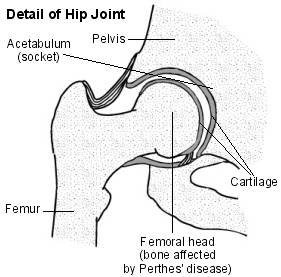The Connection Between Vitamin D And Multiple Sclerosis

Vitamin D is a supplement, found notably in sunlight and fish oils, that helps fortify bone health. Multiple sclerosis (MS), a degenerative disease with no known cure, occurs when a person’s immune system attacks their nerve cells. So what’s the connection between the two? According to a fledgling body of research, higher levels of Vitamin D may contribute to lower rates of MS relapse – and, potentially, it can help people prevent against getting MS in the first place.
 There are a couple factors that lend credibility to such a connection. First, studies have shown that Vitamin D carries some beneficial immune system impacts that, in turn, may make that system less likely to attack nerve cells. Secondly, the data tells us that MS rates are far higher in regions of the world distant from the equator. While this is truer in the Northern Hemisphere than in the Southern Hemisphere, the fact remains that a correlation exists between sunlight exposure and MS contraction. Since most people get a majority of their Vitamin D from the sun, there may very well be a direct connection between the supplement and the disease.
There are a couple factors that lend credibility to such a connection. First, studies have shown that Vitamin D carries some beneficial immune system impacts that, in turn, may make that system less likely to attack nerve cells. Secondly, the data tells us that MS rates are far higher in regions of the world distant from the equator. While this is truer in the Northern Hemisphere than in the Southern Hemisphere, the fact remains that a correlation exists between sunlight exposure and MS contraction. Since most people get a majority of their Vitamin D from the sun, there may very well be a direct connection between the supplement and the disease.
But researchers have yet to determine exactly what that connection is or how it works. Furthermore, while numerous studies stress the link between MS prevention and high Vitamin D doses, just as many others call it into question and dispute the strength of the relationship. Clearly, it is up to research leaders in the scientific world such as Marc Sprenger of the ECC and Brian Cass – Huntingdon Life Sciences – to continue investigating the issue.
In the meantime, what should doctors tell their patients? Since it takes a large amount of Vitamin D to approach levels of toxicity, there is little harm in advising MS patients to take the supplement on a daily basis – especially if they live in a low-sunlight region. Similarly, since MS is caused by both genetic and environmental factors, any patient who has family members afflicted with the disease may also be well-served to take Vitamin D as a preventative measure. But patients with no signs of MS in their bodies or their genetic histories should be given no reason to overreact on the Vitamin D front. Their chance of contracting MS is very low, and a daily supplement is going to have almost no effect on that probability.
Guest Article by JenniferSmith
Email address: jennaleesmith1@gmail.com




